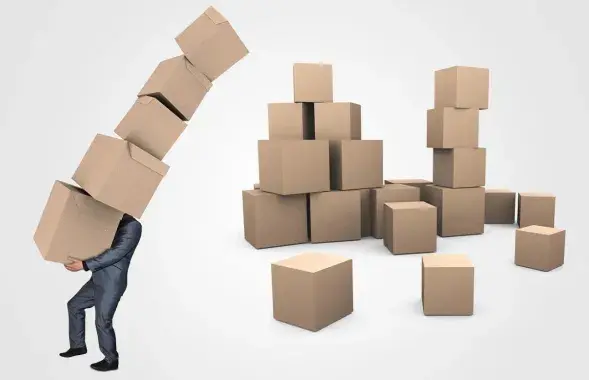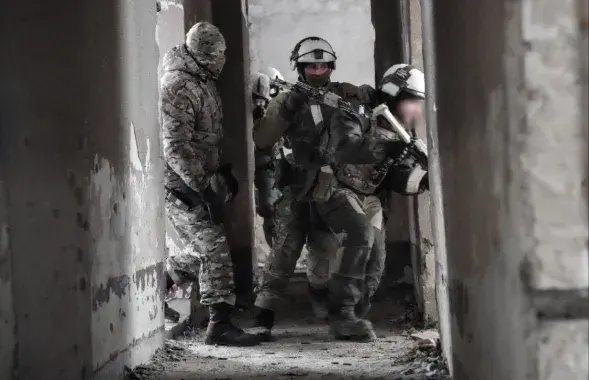Belarus-Iran: Economists discuss oil cooperation
The project is approved for two years and will be carried out in two stages.
“At the first stage, we will drill 15,000 barrels/day. During the second phase of the project, we will increase output to 25,000 barrels/day,” Zhukouski says.
Whatever the output will be, it is more important to understand what we are going to do with this oil. Iranian officials repeatedly said that Belarus could decide on its own whether to ship oil for processing back in Belarus, to sell it at the world market or to build a refinery in Iran.
In respond to this question from the European Radio for Belarus, Mikhail Zhukoiski said that all the options were possible.
Economist Leanid Zaika thinks that the most efficient way is to sell oil to China and use the revenues in order to pay for the Russian oil deliveries.
“It is easier to sell oil there, using the traditional south-bound routes. Alternatively, one could sell it to China and then use this money for buying oil from Russia,” he said.
As regards the transportation of the Iranian oil back to Belarus, the economist says it would be purely a Belarusian decision which rather looks like a joke.
“It’s the same as if you go to get some lard from your mother-in-law in the Hrodna region. You pay Br80K for your ticket there in order to bring back the lard worth Br6K, which is sold in Minsk in huge quantities,” Zaika said with irony.
It is noteworthy that Iran is interested in Belarus building a refinery there, because there are few refineries on the Iranian soil. Yet, Zaika is again ironic about this option.
“Perhaps, we’d better buy a piece of the Iranian territory and shift the whole Belarus there closer to the oil. We could even disassemble our refineries and install them in Iran.
Who is going to buy this fuel? The transportation of refined petrochemical products can make profit at the distance of 500 km, not more,” he said.
Dr. Vasil Dadalka says it is still early to build a refinery on the Iranian territory and adds that if Belarus starts selling oil at an open market, the world prices will not change.
“If Belarus drills 3-5 million tons, this will not affect the world prices,” he said.
Political commentator Yury Shevtsov also believes that selling the Iranian oil at the world market would be the most efficient option, because the world prices are higher than what we pay when buying oil from Russia.
“It is assumed that we will sell this oil to Europe or possibly to China. The total output could ideally reach 2-4 million tons per year. This is not a figure to make us transport this oil back to Belarus,” he suggests.
Yet, nobody knows what will happen indeed.
“If we are to drill 10 million tons of oil outside Russia, this will allow us to pay for almost the whole export from Russia. Yet, it sounds rather like a propaganda slogan…
At any rate, if we are able to explore oil and gas outside Russia and sell it at the world market, Belarus’s foreign trade revenues will grow. This would allow us to pay for the Russian oil,” Shevtsov said.
Another factor is that drilling oil in Iran could be associated with political and military risks. “If the United States strike the main oilfields in Iran, all the Belarusian oil will be back in the soil again,” Zaika said.
Yury Shevtsov is more optimistic. “All the European countries trade with Iran. The total foreign trade balance is over $40 billion, mostly with Europe. Here we are just like an ordinary European country, which just takes some risks, operating on this market.
But I want to say that we are apparently the only country allowed by Iran to drill oil on their territory,” he concluded.
Photo: naviny.by


















